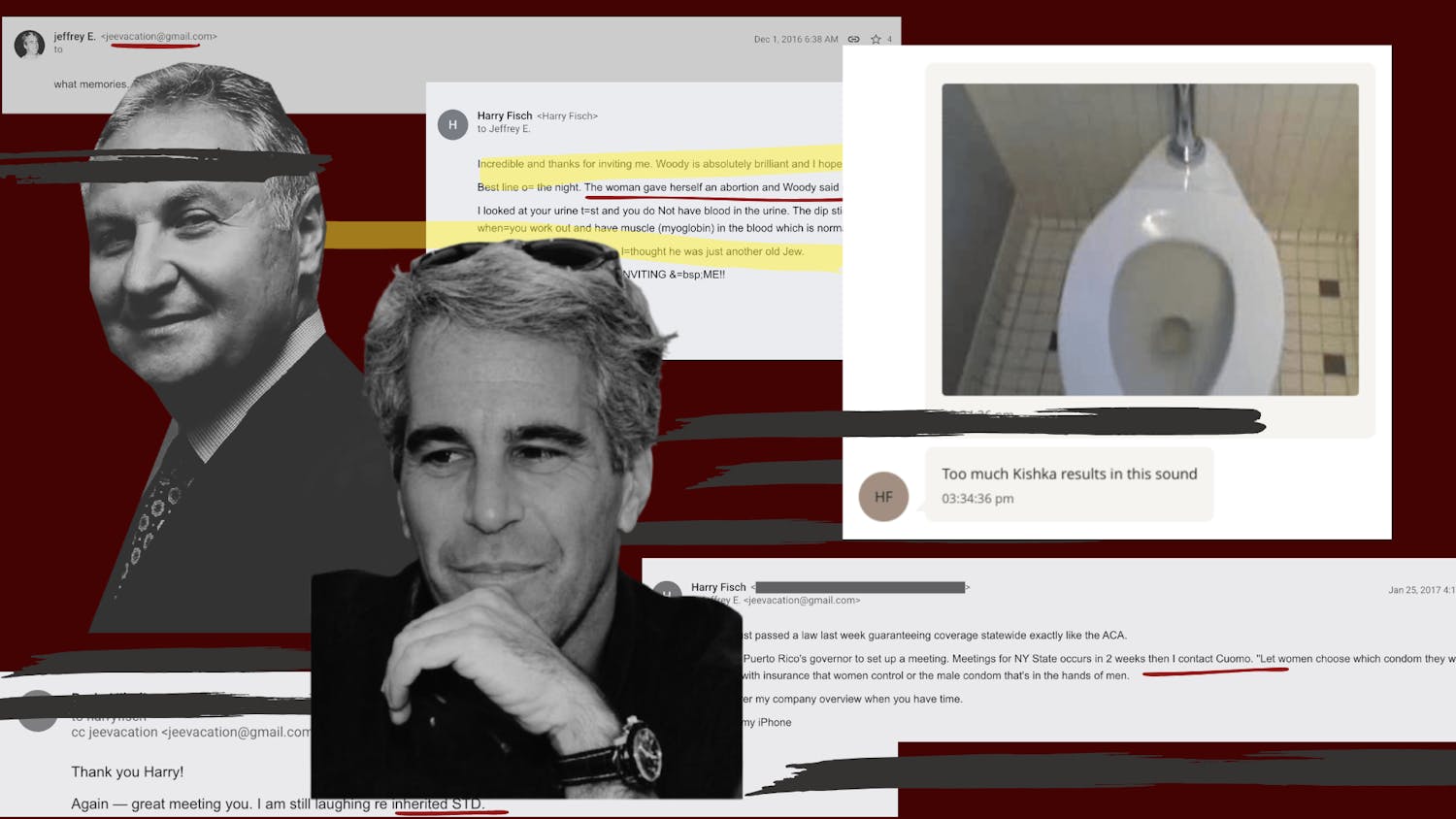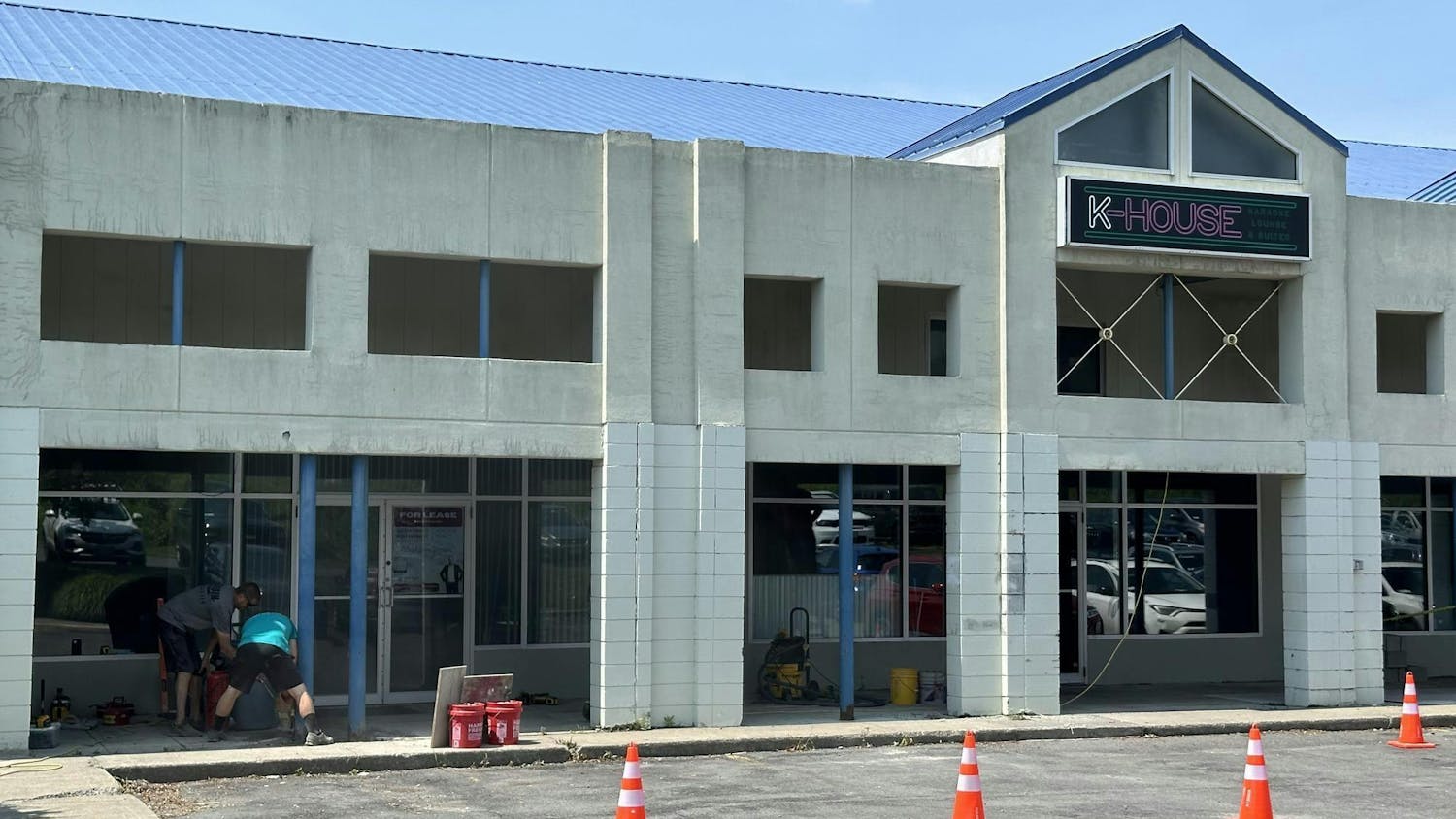Cornell Ombudsman Office Director Linda Falkson and Prof. Emeritus Charlie Walcott, neurobiology and behavior, explained the role of the Ombudsman Office as a safeground in the semester’s inaugural Student Assembly meeting on Thursday.
“We are fundamentally a safe and confidential place to come and talk about your problems and issues,” Walcott said, adding that the office is available for faculty, staff and students.
According to Walcott, the office serves approximately 300 to 400 students, staff and faculty per year and provides guidance on a range of issues from financial aid to perceived discrimination to advising. The office also advises Cornell faculty and staff on topics such as tenure.
Although they have traditionally served more non-academic staff, the office noted in their annual report an increase in undergraduate students utilizing the service, and S.A. representative Gabriel Kaufman ’18 expects that number to grow.
“In light of the current legal and political climate, I think you might see an uptake in international students,” he said, urging the office to use provisions that would provide confidentiality for students.
An on-campus resource since 1969, the office adheres to code of ethics produced by the International Ombudsman Association. This code of ethics includes confidentiality, informality, neutrality and independence, according to its website.
“These tenets are really what separate ombudsman from the other similar sources at Cornell,” Falkson explained.
Though Falkson said that the role of the office remains nebulous, he clarified that they are available to discuss “pretty much anything” that has a Cornell connection.
“Overall, we’re just a safe place to be heard,” he said.

Ombudsman Office Prepares for Possible Influx of Students in Current Political Climate
Reading time: about 1 minutes
Read More










